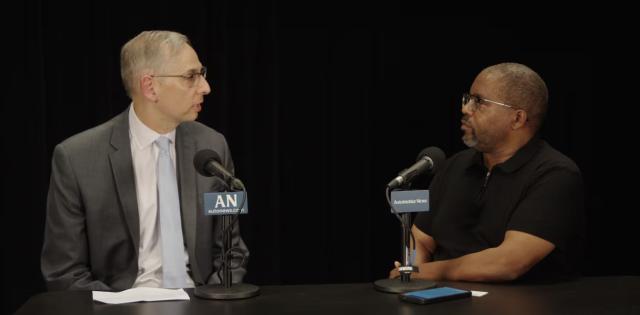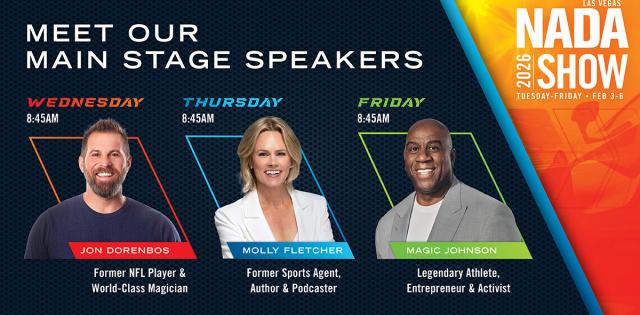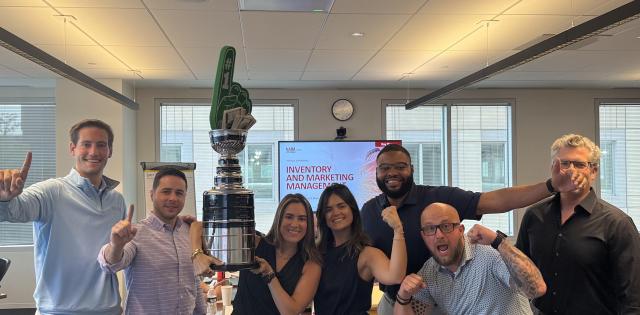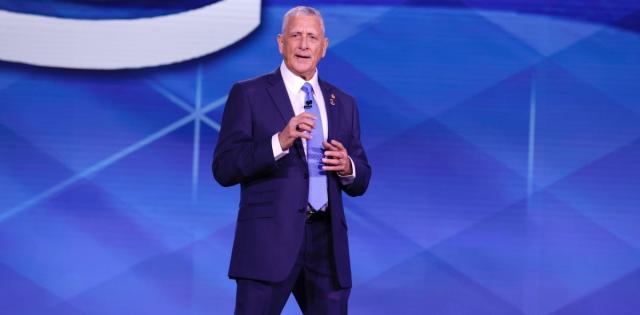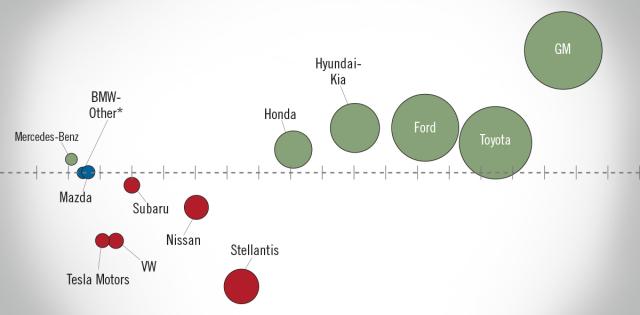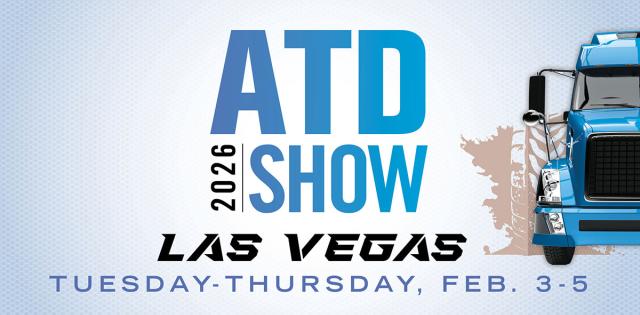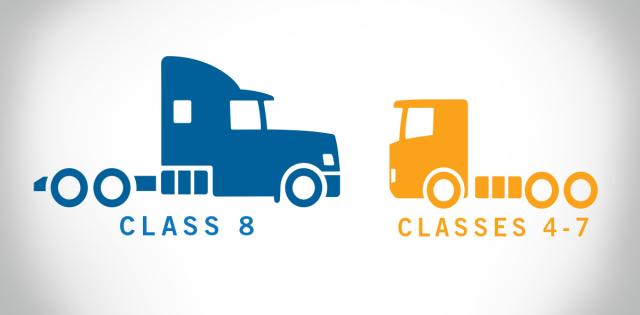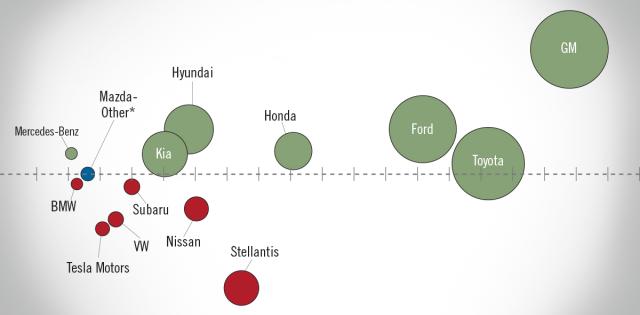If you truly want to create a culture of coaching at your dealership, here are some statistics that might persuade you.
According to a recent study by the Human Capital Institute and the International Coach Federation, among the organizations that identified as having a strong coaching culture, 61% were also classified as high-performing organizations; and 78% of the organizations agreed that their employees valued coaching; and 75% of senior executives valued coaching.
There are also competitive advantages to creating a culture of coaching in your dealership. High-performing organizations with a strong coaching culture also see benefits when compared to their competitors, which include higher customer satisfaction (82%), improved employee productivity (65%), and increased profitability (64%).
In addition, according to an internal NADA survey, leadership and coaching represents one of the most sought-after topics of interest to dealership group executives with three or more stores. Ninety percent of dealer execs consider it a critical topic for success.
And if that is not enough to convince you, consider this: Dealerships that consistently create a culture of coaching often experience improved customer satisfaction, along with greater employee engagement, retention and higher net profit. The most successful dealerships that coach and develop their staff in all departments have higher net profit as a percent of sales than their non-coaching counterparts.
Before we get too far down the road, it’s important to clearly define the two key elements.
The first part is culture. Culture is defined as the values, beliefs and attitudes that characterize your store, both internally (employee engagement) and externally (customer interaction).
The second part is coaching. We define that as being about helping employees we believe in to reach their potential by assisting them in discovering their path to success and encouraging them along the way.
Here are a few things you can do right away to begin creating a culture of coaching at your dealership and experiencing the benefits of doing so right away:
- It starts at the top with you. Creating a culture cannot just be delegated, although you will certainly want to involve key leaders and managers. But if anything is going to change for the better, your employees will need to see that you not only support it, but that you are leading them through it.
- Be consistent. Coaching and developing your employees is not a once-in-awhile thing. In fact, if that is your approach, you will likely end up doing more harm than good. Consistency is critical.
- Understand coaching. There is a significant difference between coaching, teaching and mentoring. All three are required as you develop your team, but knowing what to do and when is an important skill to learn.
- Have a plan. There are specific critical skills that effective coaches use to help their team reach their potential. Simply telling them what to do or berating them when they make a mistake are not two of those skills. Identify resources and tools that will help you and your leaders.
To be clear, coaching is not for everyone. We hear the usual push back: Not enough time, not enough resources and I don’t know how. It’s your decision. But if you truly want to get to the next level in a competitive marketplace, coaching your team to improve performance is a winning situation for them, for you and for your dealership.
NADA provides the resources, seminars and workshops that cover all aspects of dealership operations and profitability, including how to create a culture of coaching, which will be covered in the upcoming seminar, Leadership Master Class, in Tysons, Va., from Sept. 23-27.
Two critical topic areas – change management and coaching – will be covered in depth in the new class. Dealership managers will receive the tools they need to create a positive and productive work environment as well as learn how improve communications with their staff.
Fullam brings a wealth of knowledge and experience to the NADA Academy. His career spans more than 30 years in the auto industry working in the retail side of the business and at Chrysler where he trained dealers, dealership groups and OEM field staff in financial management, process improvement, leadership and profitability. Fullam attended Georgetown University, and earned a master’s degree in education from Penn State University.

